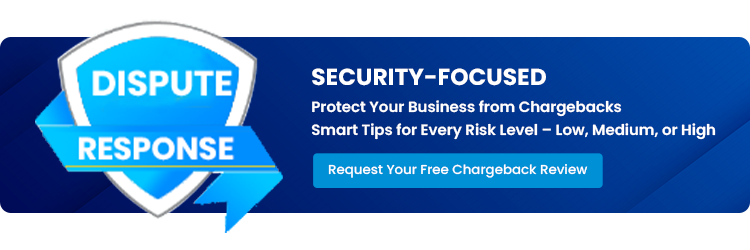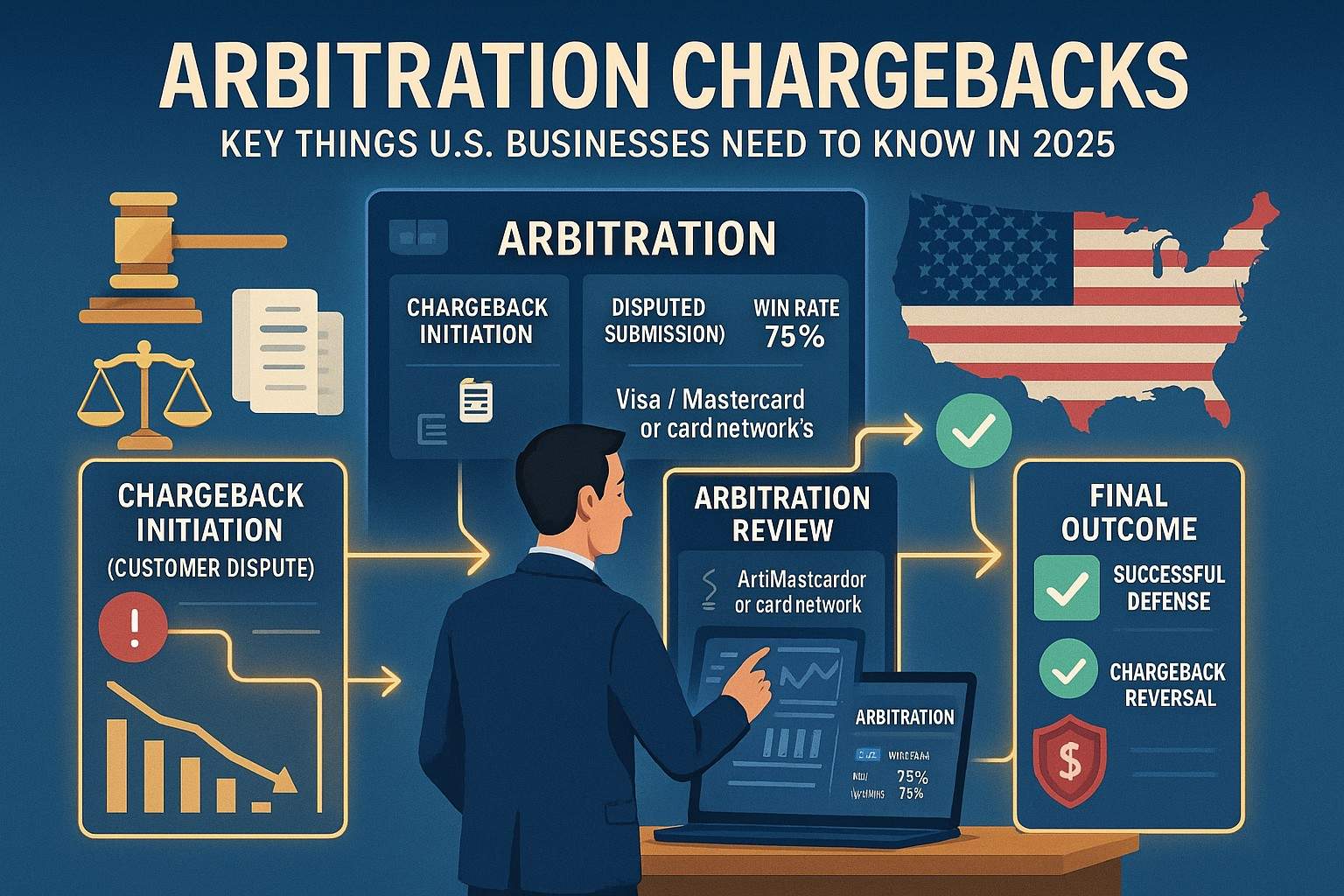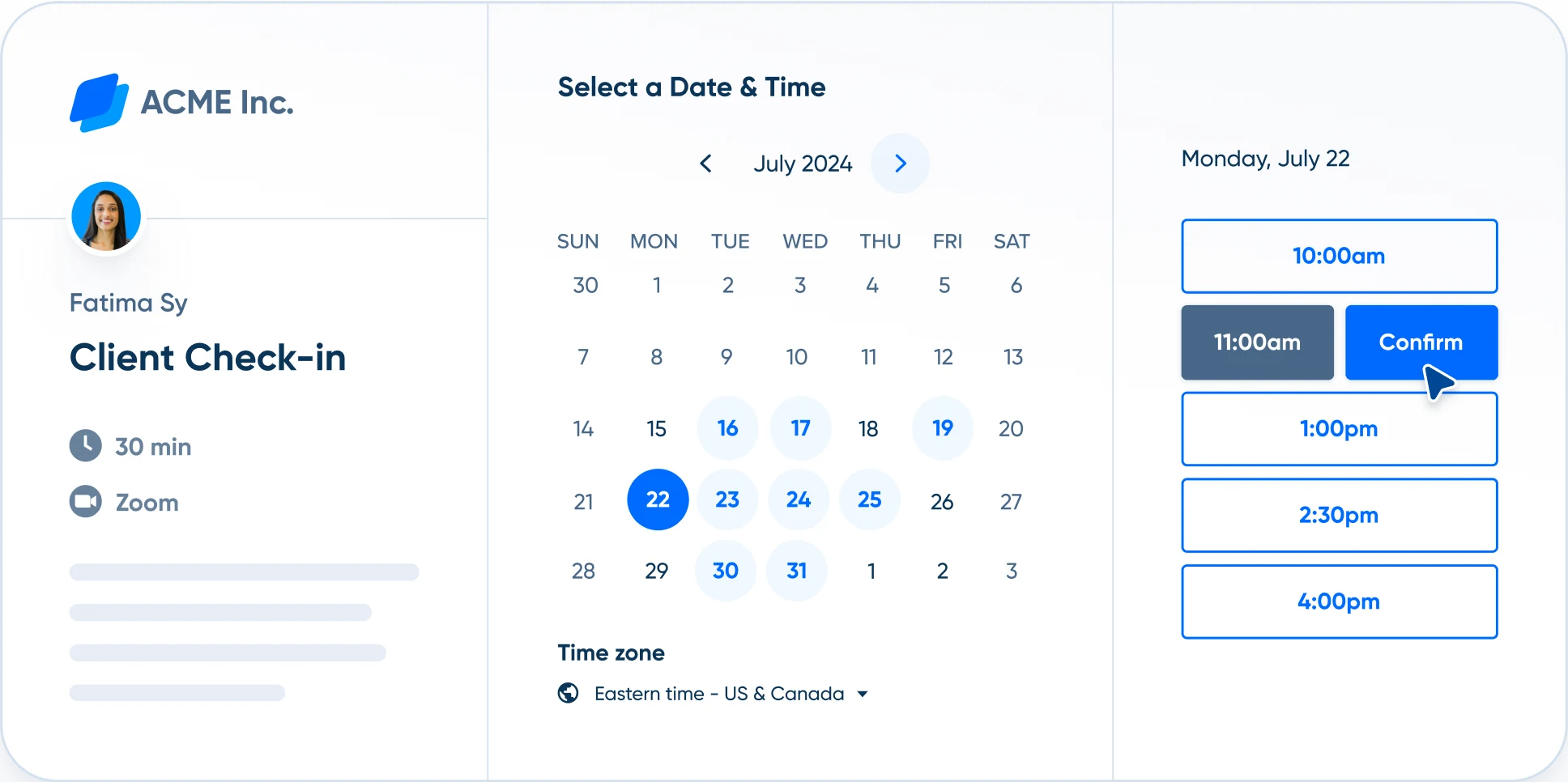Chargeback Management Services - Dispute Response Jul/ 24/ 2025 | 0
In the world of payment processing, chargebacks are a significant issue that U.S. businesses must address. Arbitration chargebacks, in particular, represent a crucial aspect of managing disputes with credit card issuers and cardholders. This article will guide businesses through what arbitration chargebacks are, how they work, and what strategies you can implement to minimize their impact.
What Are Arbitration Chargebacks?
Understanding the Process
Arbitration chargebacks occur when a dispute escalates beyond the initial chargeback response. If a merchant is unable to successfully challenge a chargeback at the representment stage, the issuer may escalate the dispute to arbitration. This process is generally facilitated by the card networks (Visa, MasterCard, etc.) to make a final determination.
Why It Matters for Merchants
Arbitration chargebacks can result in significant fees and potential losses for merchants. Understanding how this process works and preparing for it is essential to minimizing its financial impact.
Key Steps in the Arbitration Process
- Chargeback Initiation
The chargeback process begins when a cardholder disputes a charge with their bank. This may be due to fraud, dissatisfaction with a product or service, or a variety of other reasons. - Representment
The merchant has an opportunity to represent the transaction, providing evidence to challenge the chargeback. If the issuer does not accept the evidence, the case proceeds to arbitration. - Arbitration
The final stage where the card networks decide the outcome. Both the merchant and the issuer submit their arguments, and a ruling is made. The card network charges a fee for this process, which can be costly for the merchant.
How to Prevent Arbitration Chargebacks
1. Ensure Comprehensive Documentation
Always keep detailed records of transactions, including communications, product details, and shipping information. This evidence is essential in disputing chargebacks at both the representment and arbitration stages.
2. Enhance Customer Service
Many chargebacks result from customer dissatisfaction. Providing excellent customer service can help resolve issues before they escalate into disputes.
3. Use Advanced Fraud Prevention Tools
Leverage fraud detection software to identify and block suspicious transactions before they even become chargebacks.
4. Implement Strong Payment Authentication
Adopt 3D Secure 2.0 or other advanced authentication methods to reduce fraudulent transactions and minimize the chances of chargebacks.

Email us anytime!
Email customer service 24/7

Call us anytime!
Reach customer care 24/7 at +1 (888) 927-5152
The Financial Impact of Arbitration Chargebacks
Arbitration chargebacks can be costly, both in terms of fees and potential loss of revenue. In 2025, the average arbitration fee is rising, with some card networks charging up to $500 per case. Understanding the full financial implications will help businesses better prepare for these challenges.
Conclusion
Arbitration chargebacks are a serious concern for U.S. businesses, but with the right strategies in place, they can be managed effectively. By implementing proactive chargeback prevention tactics, improving customer service, and ensuring strong transaction documentation, you can reduce the likelihood of arbitration charges and protect your business from unnecessary costs.


